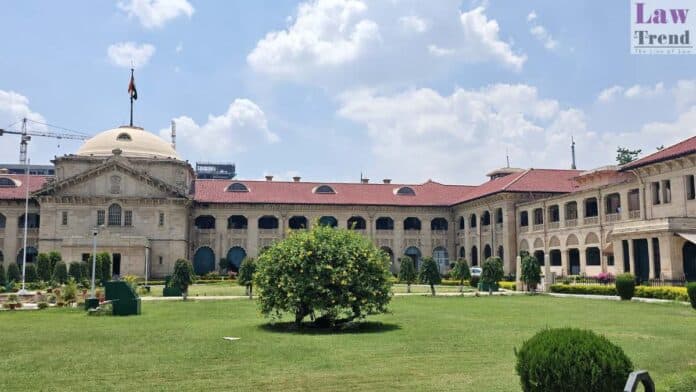In a landmark judgment, the Allahabad High Court has redefined the limits of the powers vested in the Regional Level Committee (RLC) in adjudicating school management disputes, stressing the need for strict adherence to legal provisions regarding the management and governance of educational institutions under the Uttar Pradesh Intermediate Education Act, 1921, and the Societies
To Read More Please Subscribe to VIP Membership for Unlimited Access to All the Articles, Download Available Copies of Judgments/Order, Acess to Central/State Bare Acts, Advertisement Free Content, Access to More than 4000 Legal Drafts( Readymade Editable Formats of Suits, Petitions, Writs, Legal Notices, Divorce Petitions, 138 Notices, Bail Applications etc.) in Hindi and English.




